Introduction
During early stages of development, Kilimanjaro Christian Medical University College (KCMUCo) research activities operated under the Kilimanjaro Christian Medical Centre which was established by the Good Samaritan Foundation in 1971. In 1997, the College became one of the six constituent colleges of the Tumaini University of the Evangelical Lutheran Church of Tanzania and took over some research activities including malaria. Malaria Research activities at KCMUCo were intensified from 2002 after the establishment of Joint Malaria Program (JMP). JMP is an umbrella organisation that promotes and facilitates collaborative research on malaria between the member institutions
JMP Collaborating Institutions
Initial activities of JMP were financially supported by ‘Gates Malaria Partnership program’ coordinated by the LSHTM. Some of the research activities centered on Laboratory (WHO-Phase I) and field (WHO-Phase II) evaluation of insecticides efficacy. Further research studies along this line were taken up by PAMVERC after its establishment as a program of KCMUCo in 2008.
-
With support from IVCC, ITF facility in Moshi went through a process of accreditation
- The KCMUCo-PAMVERC Test Facility is the first vector control facility in Africa to achieve OECD GLP accreditation status.
- Received Certificate of Compliance (No.G0023) from South African National Accreditation System (SANAS)

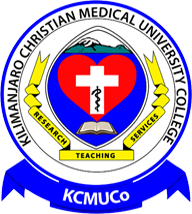

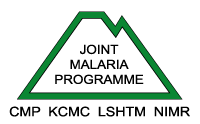
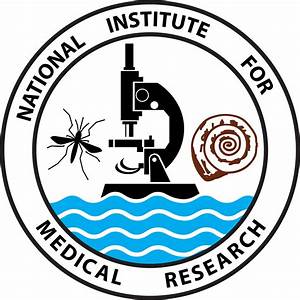
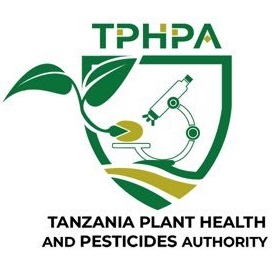
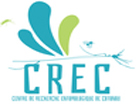

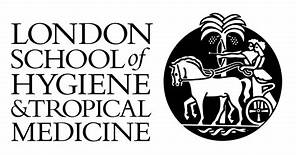
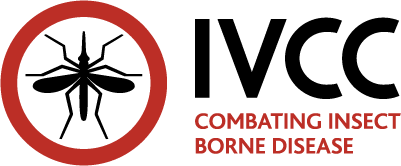

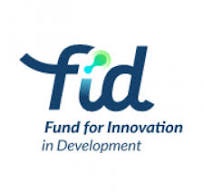



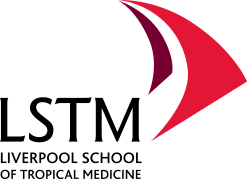
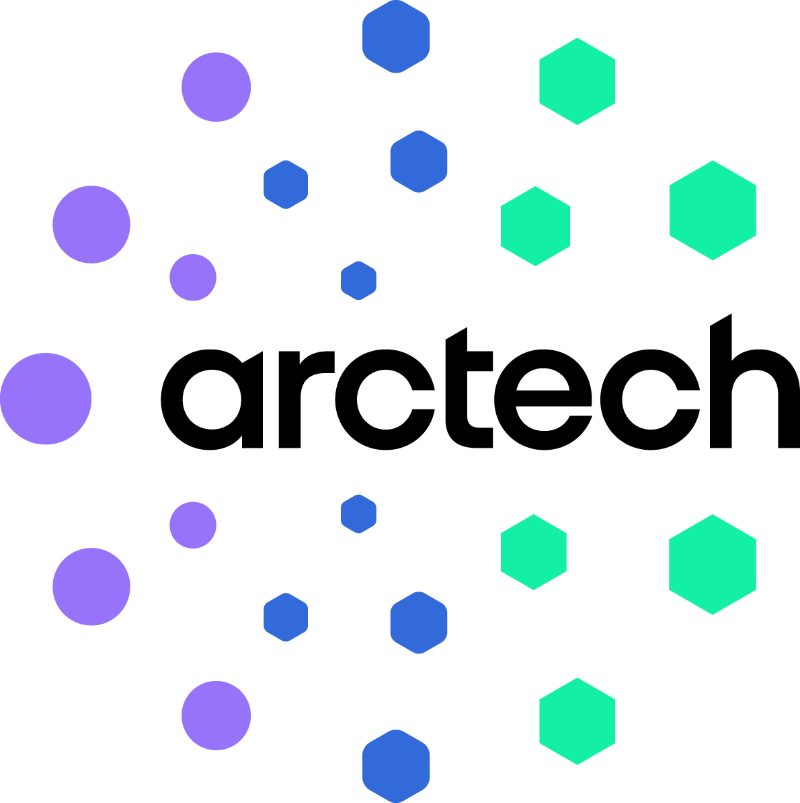
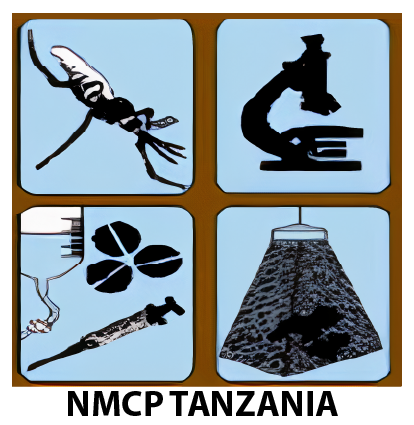


 : P.O Box 2240, Moshi Kilimanjaro, Tanzania
: P.O Box 2240, Moshi Kilimanjaro, Tanzania :
: :
:  E-project Library
E-project Library  : Data Management
: Data Management